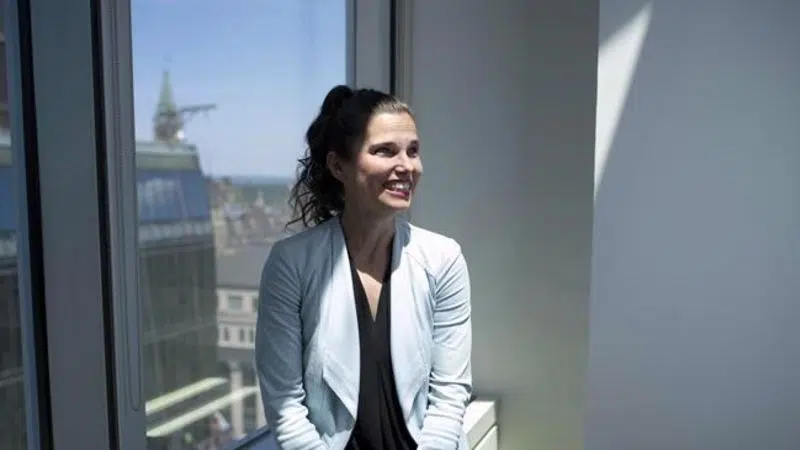
Canada’s Minister of Sport Kirsty Duncan: More anti-abuse work to be done
TORONTO — Kirsty Duncan knows there’s still work to be done.
Canada’s Minister of Sport and Persons with Disabilities has made ending abuse and harassment in sport her priority since taking over the portfolio in January 2018. The ministry has instituted a series of initiatives, including establishing new policy for national sports organizations, funding the Sport Dispute Resolution Centre of Canada to create an investigation unit, and setting up a toll-free confidential tipline for athletes and witnesses to call if they experience abuse.
“I want people to know that this work is being acted on right now. It continues. That this doesn’t stop. It’s been a priority for our government,” said Duncan. “My No. 1 priority is ending abuse and protecting athletes of all ages and abilities and protecting our children.”
A series of sexual abuse trials in Canada and the United States have rocked the world of sports in the past decade. The criminal trials of former Penn State football coach Jerry Sandusky, ex-Canadian national ski coach Bertrand Charest, former USA gymnastics coach Larry Nassar, and most recently Dave Brubaker, the former director of the Canada’s women’s gymnastics team, have put the issue in the spotlight.


